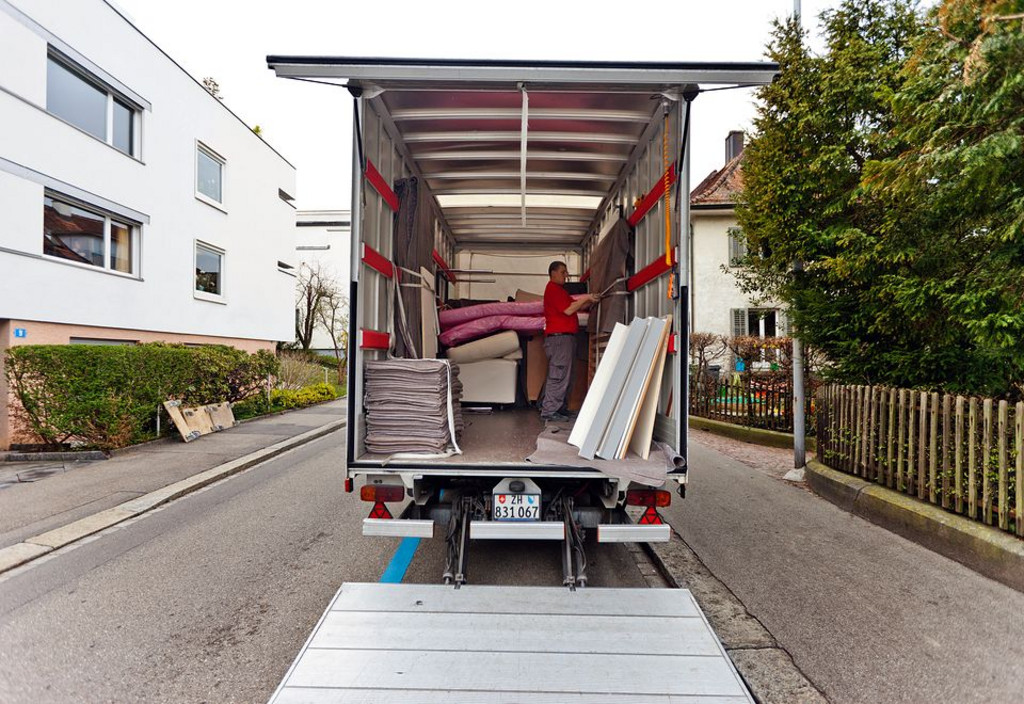Under 40 % of the Swiss population are homeowners, compared to over 50 % of French and more than 70 % of Italians. This situation is changing slowly, having risen from just 34.6 % in 1980 to 38 % in 2017. At the same time, interest rates are lower than ever. The fact remains that access to housing is difficult. Rents are high in the cities and property prices are considered a deterrent. In the Lake Geneva region, it is not unusual to spend 2,500 Swiss francs or more per month on a family apartment. It’s also hard to move house, given the low levels of availability: just 0.89 % in Zurich and 0.54 % in Geneva, for example. In the latter city, freehold ownership prices for properties built in the 1980s are set at over one million francs, with any property available at a state-regulated price snatched up immediately.
This is the reason behind the federal popular initiative “Davantage de logements abordables” (more affordable housing), due to be put to a vote in 2020. The text drafted by the Swiss Tenants’ Association invites the Confederation to promote “the acquisition of apartments and family homes for personal use”. However, the central idea behind the project, which is opposed by the right, is to promote the construction of social housing (see below). Meanwhile, in March, the Council of States decided to inject 250 million francs into the fund for social housing.
Philippe Thalmann, Professor of Economics at EPFL in Lausanne, is a real estate expert. He answers some questions for “Swiss Review”:
“Swiss Review”: they say the Swiss dream of home ownership, but few actually achieve it. Is that still the case?
Philippe Thalmann: Four Swiss out of five dream of owning their own home 1), but this aspiration is still not as strong as in other countries. In fact, our survey showed that few people had approached their banks for a mortgage.
Why is that?
We have noted that tenants who dream of home ownership imagine it will improve their level of housing. They envisage a much bigger apartment or a detached house. If it were possible to suggest they buy their own apartment for a reasonable price, it might be different. The dream of a high-end property for 1 million francs or more is unattainable. And on the other hand, there isn’t much of an alternative in the form of accessible housing at the more modest end of the market.
What about access to housing in the cities?
The availability of new and reasonably priced freehold apartments is low, as it is for older constructions. Regarding rental prices, it costs 20 % of income on average, which is acceptable. Aspiring buyers usually have to leave the city and live somewhere on the periphery. So, the price to be paid becomes the fact of living in a more remote location.
With interest rates at record lows, shouldn’t the property market be more accessible?
If you compare rent with a low mortgage, buying, even for a high price, does make sense. However, without an inheritance it is difficult to meet the eligibility conditions for a mortgage. You have to pay a 20 % deposit and not commit to interest payments that exceed 30 % of your income. Moreover, the banks calculate this sum on the basis of an interest rate of 5 %, as opposed to the current rate of 0.9 %. At the same time, the more rates fall, the more agents can hike up the prices. As for the landlords, they haven’t changed rents much to reflect lower interest rates.
Is the incentive to buy or sell apartments not enough in itself?
Real estate provides a return for pension funds or individuals. These actors rent out their properties rather than selling them. That is why two-thirds of people in Switzerland are tenants. In France, developers build to sell. Moreover, rental property in Switzerland is well maintained and 80 % of tenants consider their rent fair. Switzerland has a tenant law system that is widely accepted.
How is the percentage of homeowners evolving?
It’s changing very slowly because few rental properties are put up for sale. By contrast, the sale of rental apartments in the United Kingdom between 1980 and 1990 brought about a 10 % rise in home ownership. We could just build real estate for sale, but with newbuilds generating only a 1 % growth in housing a year, even that would only trigger a very small increase in homeowners.
What do you think of the “More affordable housing” initiative?
The part about having access to your own home is already in the Constitution. The real issue is making 10 % of new buildings for social housing by law. The other factor is the right of pre-emption, which would enable a municipality to have first refusal on buying a property, which it could then give to a cooperative or foundation. This right already exists in some cantons.
Housing or residents’ cooperatives 2) offer a type of home ownership and guarantee stable and reasonable rents. Why is this system, which only applies to 6 % of homes in Switzerland, not more widespread?
Residents’ cooperatives in Zurich are at 25 %, the highest in Switzerland. But you have to first build the housing if you want to offer it! Faced with competition from the private sector, cooperatives come second when buying land. The initiative would enable some land to be allocated to affordable housing in the form of social or cooperative real estate.
1) “Locataire ou propriétaire ? Enjeux et mythes de l’accession à la propriété en Suisse” (To own or to buy ? Implications and myths of property ownership in Switzerland). This book provides an overview of a survey conducted by the authors and the environmental research institute at EPFL.
2) The members of housing cooperatives each hold a small share of the registered capital, but are still tenants. Residents’ cooperatives are similar to a freehold apartment. Each member owns part of the property (their apartment). The former are less common, but represent more apartments than residents’ cooperatives.
Website of the popular initiative committee: logements-abordables.ch
Opposing position (German): ogy.de/hev-kritik





![[Translate to en:]](/fileadmin/_processed_/d/2/csm_Revue_202204_Huehnerfarm_SH-Reportage_3074_7901ca94df.jpg)






Comments